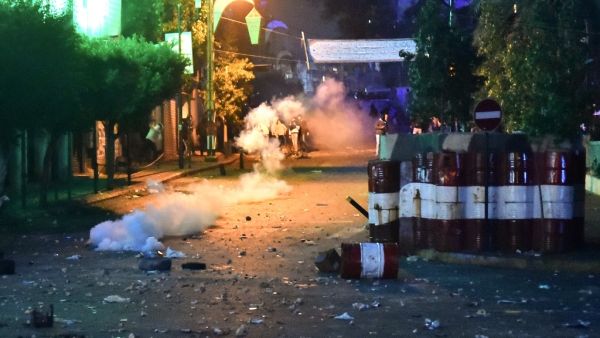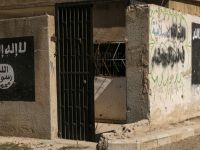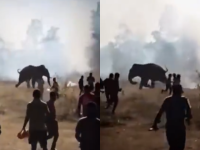Dozens of protestors were injured in Lebanon’s capital Friday as security forces fired tear gas to disperse anti-government demonstrators.
Injuries occurred as protestors clashed with security forces trying to open blocked roads to traffic in the Corniche el Mazraa area of Beirut.
Security forces fired tear gas and protestors responded by pelting stones and Molotov cocktails.
Demonstrators took to the streets to protest President Michel Aoun, who tasked former Education Minister-turned Prime Minister Hassad Diab, to form a new government Thursday after parliamentary consultations.
Via minarets, an imam at a mosque encouraged protestors to return home and not to clash with security forces.
Former Prime Minister Saad al-Hariri also urged demonstrators to immediately leave the streets.
Consultations to name the new prime minister were held after the resignation of Hariri on Oct. 29 in response to popular anti-government protests.
Lebanon is suffering high unemployment, slow growth and one of the highest debt ratios in the world, with a debt burden reaching $86.2 billion in the first quarter of 2019, according to the Ministry of Finance.
This article has been adapted from its original source.








